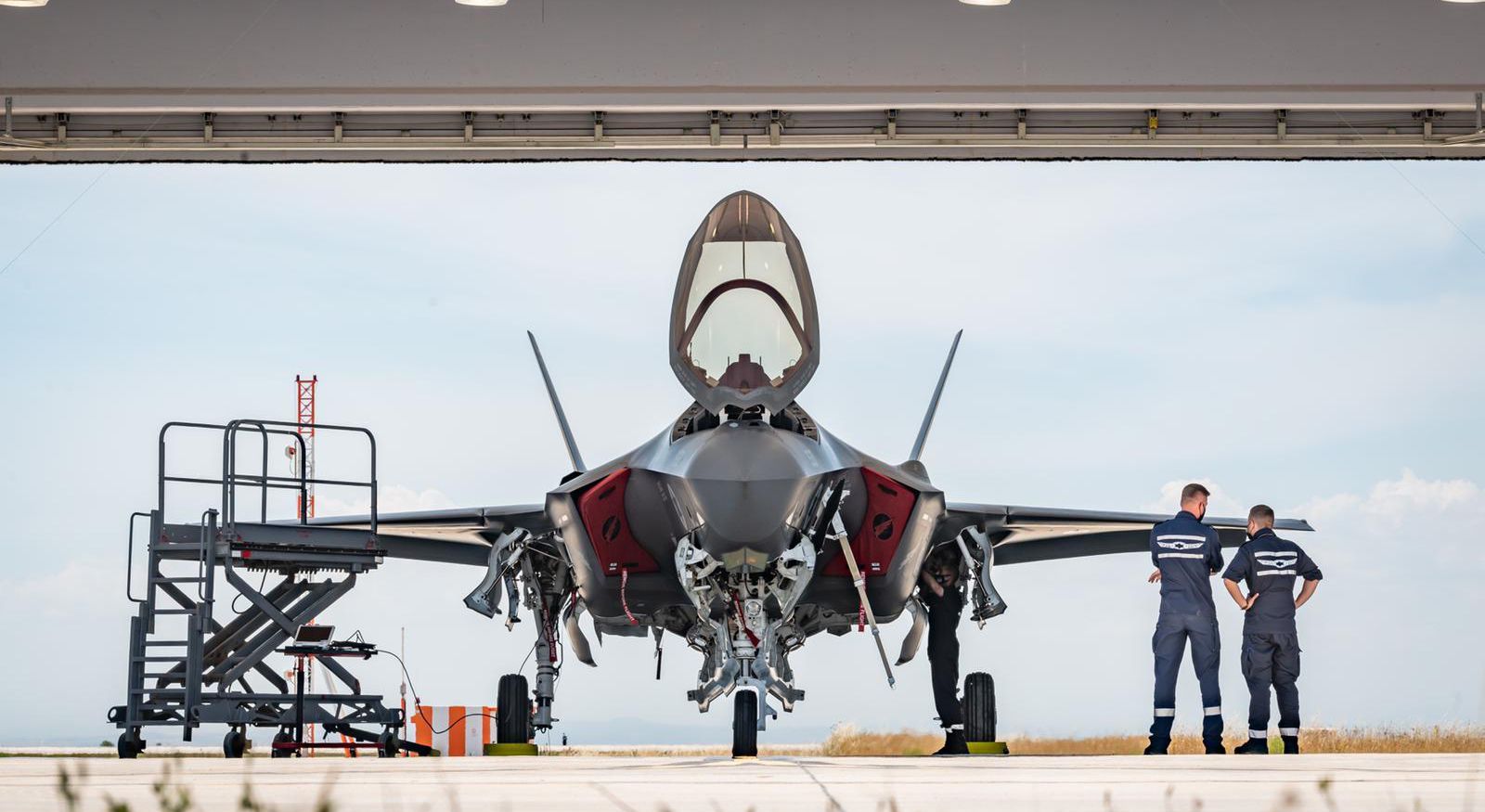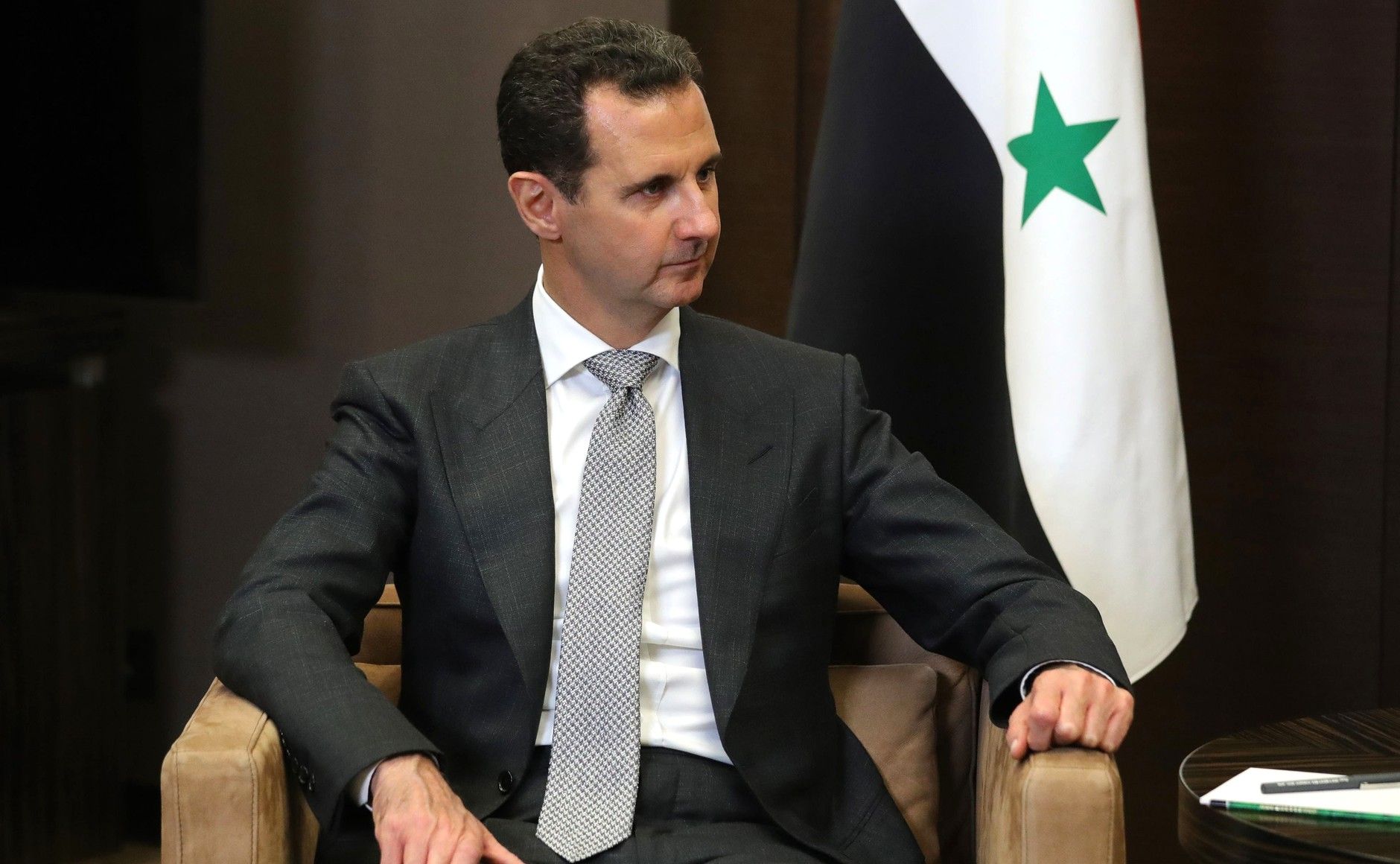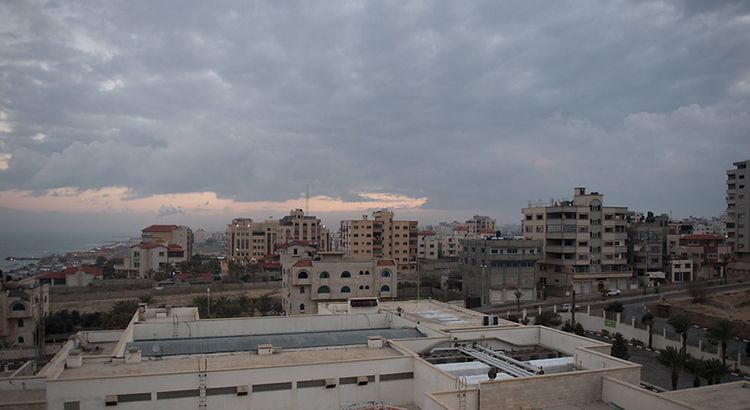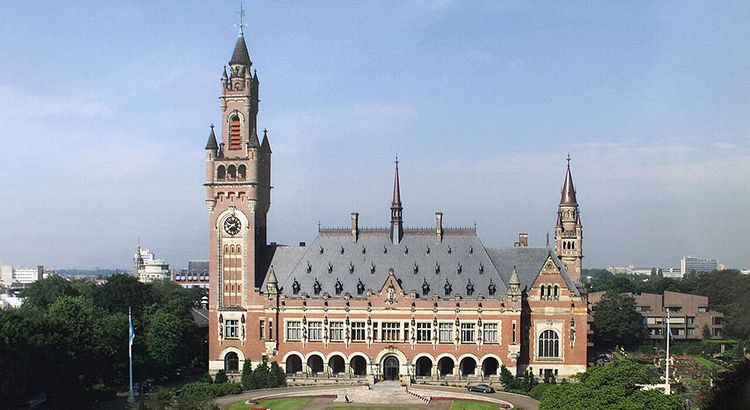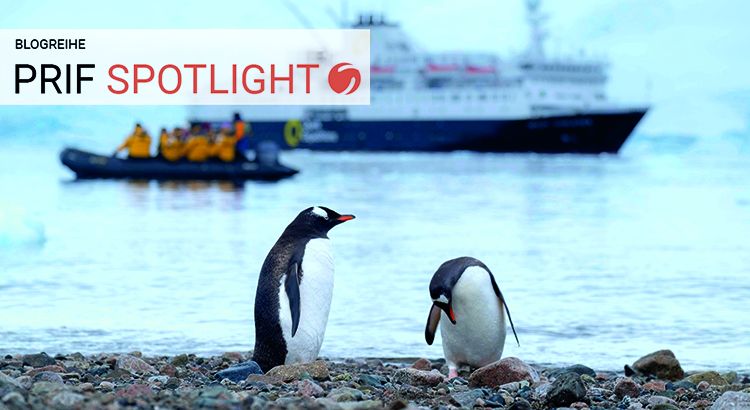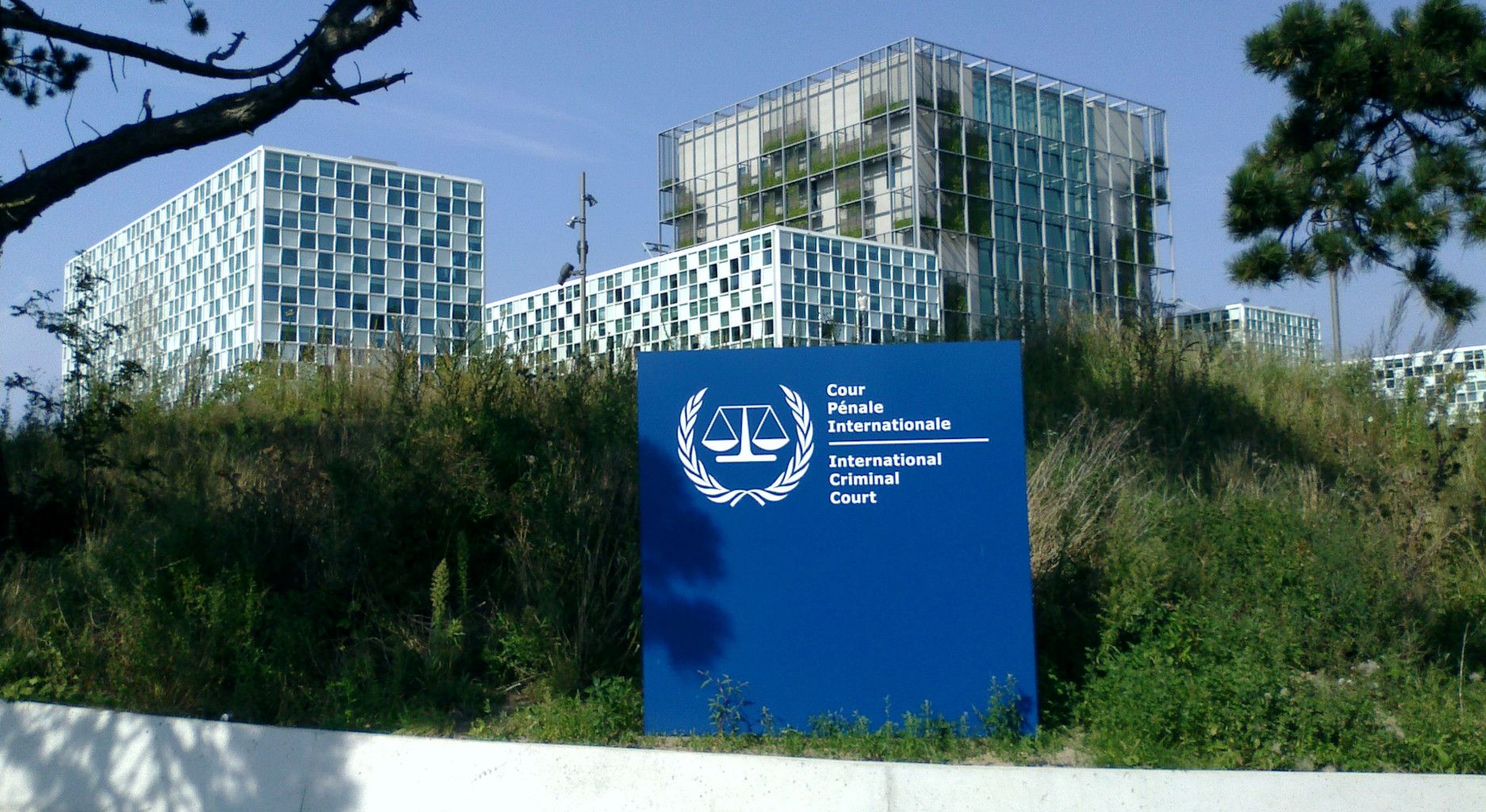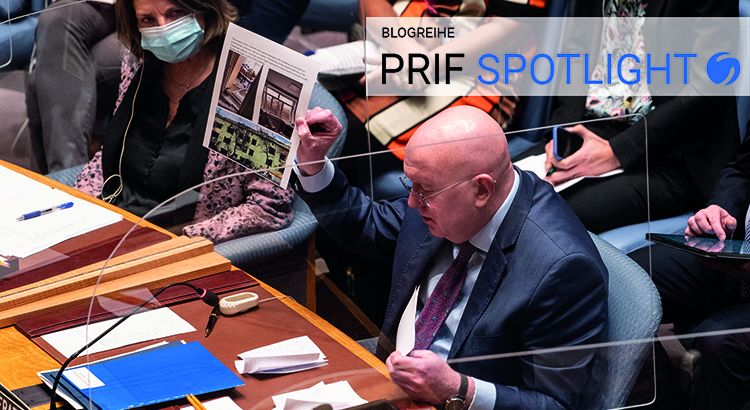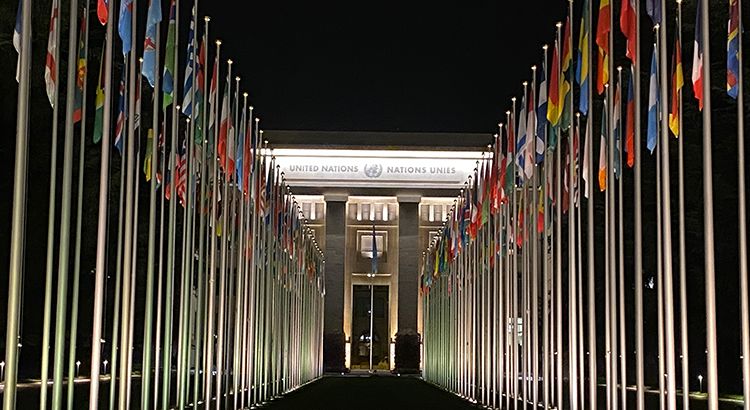Tag: International Law
German debates about the Israel-Gaza war often get caught up in polarising terminology. This...
Israel-Gaza jenseits des Genozid-Begriffs: Massengewalt gegen Zivilist*innen jetzt beenden
Deutsche Debatten über den Israel-Gaza-Krieg verfangen sich oft in polarisierenden...
Court Orders Dutch Government to halt the Export of F-35 Parts to Israel: Implications for the War in Gaza and Beyond
In a landmark ruling in mid-February, the Hague Court of Appeal ordered the Dutch government to...
The French Arrest Warrant for Assad – Breaking New Ground in the Prosecution of Chemical Weapons Use?
On November 14, 2023, a French Magistrate Judge issued an arrest warrant for Syria´s President,...
Mass Evacuations in Israel’s War Against Hamas: Taking Precautions in Attack or Forced Displacement?
The attacks of Hamas against Israel were deeply shocking. Israel has a right to defend itself...
Chemical Attacks under the Convention against Torture: A New Possible Avenue?
On the 8th of June 2023, Canada and the Netherlands initiated proceedings at the International...
Is Antarctica Still Exceptional? The Case for “Co-opetition” at the South Pole
Antarctic diplomacy has famously shielded the continent of peace, science, and environmental...
Der Haftbefehl des Internationalen Strafgerichtshofs gegen Putin – Eine völkerrechtliche Einordnung
Am 17. März 2023 hat der Internationale Strafgerichtshof (IStGH) Haftbefehle gegen Vladimir Putin...
Muddying the Waters: Official Russian Disinformation on Chemical and Biologial Weapons
In the wake of Russia’s invasion of Ukraine, chemical and biological weapons have once again...
The 9th Review Conference of the Biological Weapons Convention
From November 28 to December 16, 2022, the States Parties to the Biological Weapons Convention...


